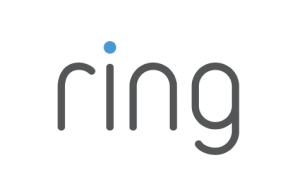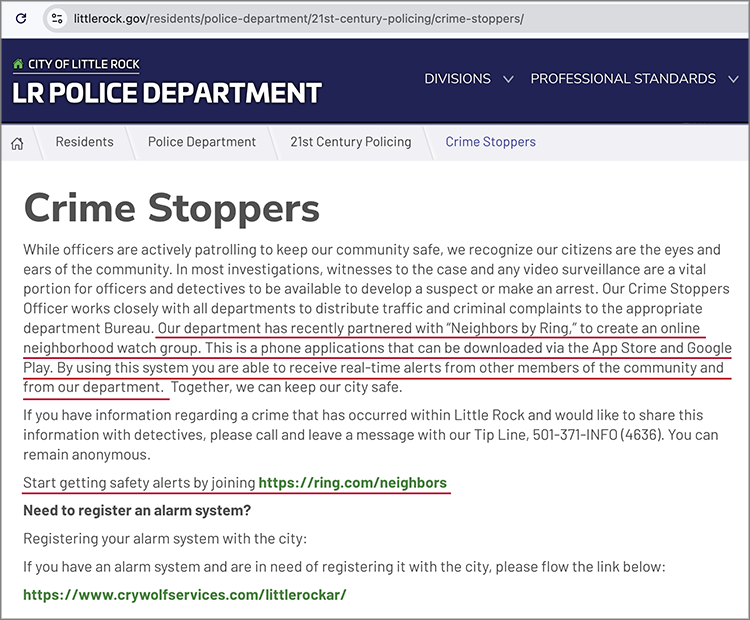5 More Codes of Ethics
The introductory hypothetical situation for this lesson involves public relations.
Study the following presentation slides by using the forward button or clicking on sections of the control bar.
OTHER CODES OF ETHICS
Beyond the Society of Professional Journalists, several other media-related organizations offer their own ethics guidance. Here are four examples:
• Public Relations Society of America (PRSA) Code of Ethics
• Institute for Advertising Ethics Principles and Practices
• Radio Television Digital News Association (RTDNA) Coverage Guidelines
• Associated Press (AP) News Values and Principles
In this lesson, we’ll work primarily with the PRSA Code of Ethics, but in the closing questions you will have the option to explore content from one of the other links.
Be sure you study the content of the PRSA Code of Ethics for this lesson, and note that PRSA mentions clients throughout the document. PRSA has to focus on serving both clients and the public, while SPJ is not concerned with clients.
That doesn’t give PR professionals a license to lie, however, as Professor Mark Grabowski emphasizes in the video below:
NEWS THAT SELLS A PRODUCT
Because almost anyone can assume the title of “journalist,” the distinction between public relations and news reporting can be fuzzy. For example, the company Ring, owned by Amazon, sells home security products. In the past, however, the company has also hired journalists to edit and post localized content about crime.
• Why Amazon is hiring an editor for ‘breaking crime news’ – Gizmodo
It’s certainly legal for Ring to essentially create its own newsroom. But is it ethical? As the article notes, Ring can increase sales by “stoking public fear around local misconduct.”
 In PR terms, does a media worker for Ring news prioritize the client by posting content that keeps an audience engaged on Ring’s Neighbors app? If actual statistics in a neighborhood show crime is decreasing, are Ring’s media workers disloyal to the public when they post content to make it seem like crime is rampant?
In PR terms, does a media worker for Ring news prioritize the client by posting content that keeps an audience engaged on Ring’s Neighbors app? If actual statistics in a neighborhood show crime is decreasing, are Ring’s media workers disloyal to the public when they post content to make it seem like crime is rampant?
Furthermore, according to a 2021 story in the Los Angeles Times, “Ring provided at least 100 LAPD officers with free devices or discounts” and encouraged the officers to endorse and recommend Ring products, such as doorbells and surveillance cameras. If you’re interested in some nitty-gritty details about related concerns with Ring’s use of data collection, read the following 2021 article from Consumer Reports:
• New curbs on Ring’s Neighbors program fail to ease privacy and civil rights concerns – Consumer Reports
FYI – As the 2024 screenshot below illustrates, the Little Rock Police Department endorsed the use of Ring on its Crime Stoppers page, including a link to information about the Ring Neighbors app. Red underlining has been added to the screenshot for emphasis. This is just one example of a campaign that goes beyond traditional advertising to promote public perception of a product:

PRIOR REVIEW AND SOURCES
Writers should follow ethical protocols for handling quotations. A news journalist should not allow an interview source to review all of the content in a story. This would not meet the SPJ standard of acting independently. In some cases, quote approval can seem close to prior restraint when a source demands that a quote must be changed before publication. Also, for published text, a quote approval system can lead to dry and lifeless quotes after they have been edited by the source.
On the other hand, a PR professional who is writing a company press release may allow an executive or other internal sources to review content before publication. For many PR writers, it is standard practice to edit and verify verbatim quotes from interview sources within the organization. This is an example of the PR practitioner prioritizing service to the client before content becomes public.
GHOSTWRITING
A murkier topic related to public relations is ghostwriting. To what extent should a PR professional write content for others? For example, a PR writer may compose direct quotes for an executive and then later ask the executive to approve the quotes before publication (meaning the words within quotation marks were never actually spoken by the executive). Similarly, a PR writer may draft a speech for an executive, who then has the option to revise it.
For a PR agency’s perspective on ghostwriting, read the following:
• Is it unethical for PR agencies to ghostwrite for their clients? – Axia Public Relations
Here’s a key section from the article:
Some of President John F. Kennedy’s most famous quotes were actually written by one of his advisors, Theodore Sorensen, and he never tried to hide the fact that collaboration was present in his speeches. Why? Because Sorensen’s words reflected Kennedy’s thoughts.
Ghostwriting isn’t unethical. At least, it shouldn’t be. The words and thoughts expressed in the work should be a true reflection of the person taking ownership of it. This means that, at a minimum, the individual taking ownership of the work has reviewed, agreed, and edited the work. Ideally, the more collaboration with the one writing the story, the better.
As an additional example, sometimes ghostwriting is used when PR writers visit with older donors who tell their life stories. It’s a frequent tactic in PR for colleges. A PR ghostwriter can write the life narrative of the donor while using first-person pronouns. The ghostwriter, in effect, tells the story by assuming the identity of the donor.
In a blog post for Inside Higher Ed, Ali Lincoln described ghostwriting this way: “I write words for someone else to pass off as their own. I’ve consented to this and am compensated for it.”
However, artificial intelligence adds a complex gray area to ghostwriting and transparency. Lincoln wrote that “the entire concept of ghostwriting sounds pretty similar to using ChatGPT to write a draft.”
MORE ABOUT GHOSTWRITING
 Before she joined the University of Arkansas faculty, Bonnie Bauman was a professional writer who completed several ghostwriting projects. In the following audio, she discussed the ethics of ghostwriting:
Before she joined the University of Arkansas faculty, Bonnie Bauman was a professional writer who completed several ghostwriting projects. In the following audio, she discussed the ethics of ghostwriting:
FREE WEEKEND?
To wrap up this lesson, let’s return to the opening hypothetical about a free weekend at a golf resort. There are two key questions:
Will this golf resort continue being a client beyond the current campaign? If so, you can perhaps justify accepting the offer. Spending a full weekend at the resort could give you greater insight and details for future campaigns.
Would accepting the offer influence possible work with a future client that is a competitor to this golf resort? If so, it may be safer to refuse the offer. If word about your free weekend leaks out among your co-workers, the competitor may find out as well, and you could potentially face a perceived conflict of interest. The PRSA Code of Ethics says, “Avoiding real, potential or perceived conflicts of interest builds the trust of clients, employers, and the publics.”
CLOSING REVIEW
WRITE ABOUT IT
Answer each of the following numbered items in approximately three to five sentences each. When possible, strengthen your responses with brief supporting content from this chapter.
1. You read about how Amazon’s Ring uses newsroom tactics to deliver information to consumers, especially through the Neighbors app. Based on the PRSA Code of Ethics, do you think this is an appropriate strategy for the company to promote its products and services?
2. Review the SPJ Code of Ethics from the previous lesson. Which one of the four principles in the SPJ code do you think poses the most potential difficulties for PR professionals?
- Seek Truth and Report It
- Minimize Harm
- Act Independently
- Be Accountable and Transparent
3. For news journalists, what are the potential drawbacks of using a system of quote approval from sources and allowing sources to review stories? Why are quote approvals more commonplace in PR settings?
4. In what circumstances is ghostwriting ethical? What concerns can make ghostwriting seem unethical to a typical audience?
5 and 6. In the opening of this lesson, you were given links to four codes of ethics beyond SPJ:
• Public Relations Society of America (PRSA) Code of Ethics
• Institute for Advertising Ethics Principles and Practices
• Radio Television Digital News Association (RTDNA) Coverage Guidelines
• Associated Press (AP) News Values and Principles
Compare the PRSA Code of Ethics with one of the other three codes. For #5, explain two similarities. For #6, explain two differences.
Focus on content, not presentation or phrasing. Write one or two sentences for each similarity and each difference.
7. Respond to the following scenario:
Several islands in the Florida Keys were hit by a devastating hurricane several weeks ago. The main industry for these communities is tourism, and they are headed into the height of the tourist season before winter approaches. While the beaches are still in decent condition and are certainly not crowded for a change, 70 percent of the buildings on the islands have suffered damage, including many hotels and restaurants. Some people are homeless and still in need of basic supplies and shelter. Residents are also wondering how they will earn a living. This recent catastrophe causes a dilemma for you as a PR executive of the Florida Keys Tourism Agency. The community is depending on you to ensure there will be some much needed income from tourism, but many businesses have struggled to re-open, and a lot of work needs to be done on basic infrastructure. You are not sure how much enjoyment the town has to offer tourists this season.
What is your plan? Specifically explain the ways in which you will follow the PRSA Code of Ethics in executing your plan.

